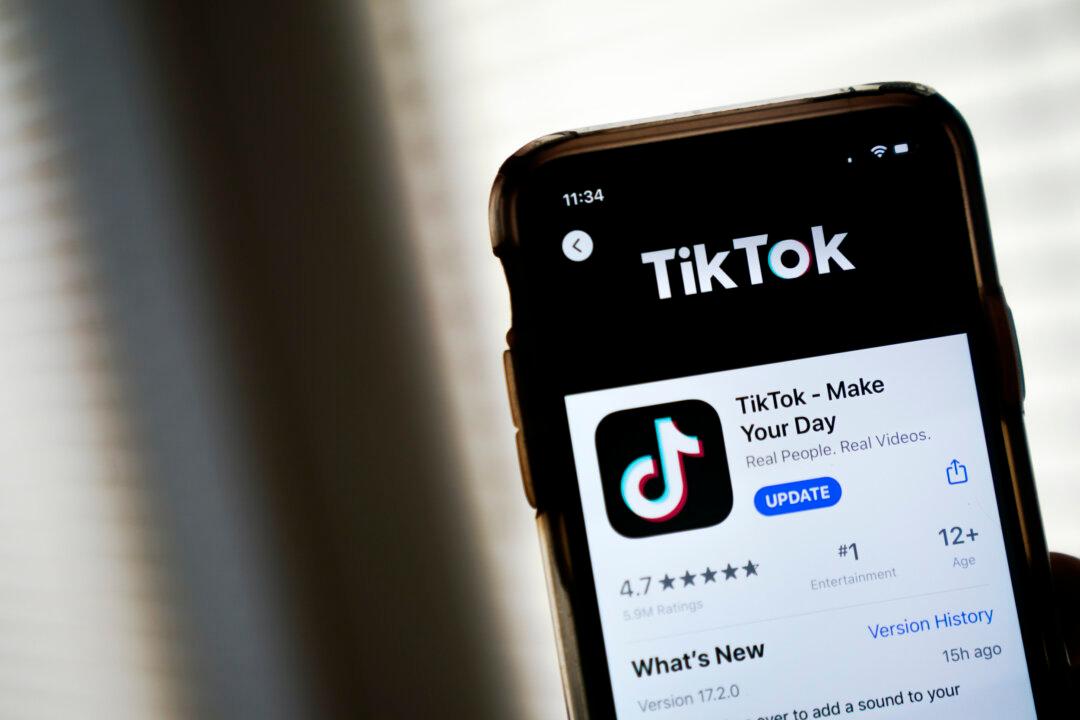Five TikTok content creators have filed a lawsuit against Montana Attorney General Austin Knudsen, challenging the state’s recent ban on the popular Chinese-owned video platform.
Samantha Alario, Heather Dirocco, Carly Ann Goddard, Alice Held, and Dale Stout, represented by their legal team, argue that the ban violates their constitutional right to free speech, even if the speech is considered dangerous. They also dispute Montana’s national security justification for the ban.





